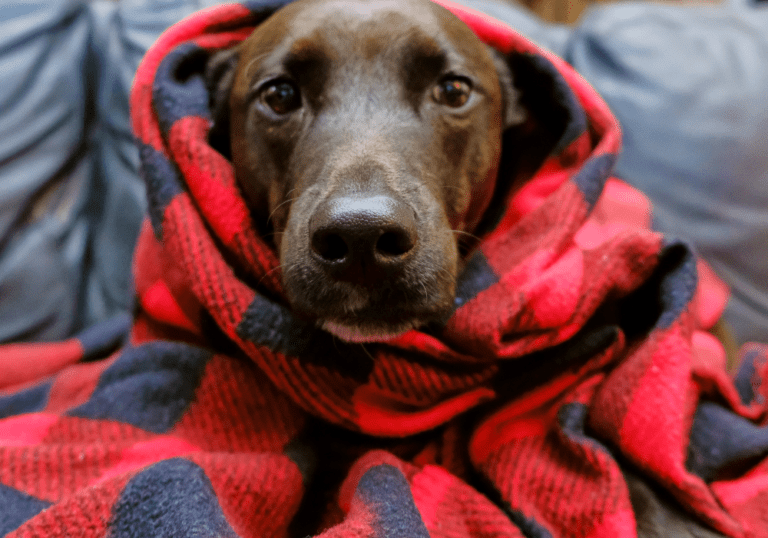Cold Symptoms in Dogs: What You Need to Know

As a loving dog owner, you may have noticed your furry friend exhibiting some unusual behaviors during the colder months. Just like humans, dogs can experience cold symptoms, leaving pet parents concerned about their beloved companions’ health. In this article, we will explore the symptoms of colds in dogs, potential causes, and what you should do if your pet is feeling under the weather.
Can My Dog Catch a Cold?
Although colds can make humans feel miserable, they can also affect dogs. Symptoms such as sneezing, coughing, and congestion are common indicators that your dog may be unwell. It’s crucial to understand that while pets and people can share some illnesses, the common cold is not typically transmissible between the two species. Various viruses can cause cold-like symptoms in dogs, which we will discuss further.
What Are the Symptoms of Colds in Dogs?
The symptoms of colds in dogs closely resemble those experienced by humans. Here are some common signs you might notice in your pet:
- Sneezing
- Coughing
- Nasal Congestion
- Watery Eyes
- Runny Nose
- Sore Throat
- Reduced Energy Levels
If your dog is not as energetic as usual, it’s often a sign that they need rest to recover from the viral infection.
Is It a Cold or Something Else?
Cold-like symptoms can be indicative of other illnesses, such as canine flu or kennel cough. Kennel cough, characterized by a honking cough, can spread quickly in environments where dogs congregate, like shelters or doggy daycares. While most dogs recover on their own, some may require veterinary intervention. The bordetella vaccine can help reduce the risk of developing kennel cough.
Canine influenza is another illness that can lead to symptoms similar to colds. This highly contagious virus affects nearly all dogs exposed to it, although only about 80% will show symptoms. Canine flu symptoms may include sneezing, runny nose, fever, and either a dry or wet cough. In more severe cases, dogs may develop pneumonia or secondary bacterial infections. Vaccination against canine influenza can help protect your pet.
You may also be wondering about the potential impact of the coronavirus on dogs. While some dogs have tested positive, the cases are relatively low, and most exhibited mild symptoms that were not fatal, according to the Centers for Disease Control and Prevention.
Other conditions that can cause upper respiratory symptoms in dogs include fungal infections, bacterial infections, allergies, worms, and heart disease.
What Should I Do If My Dog Has a Cold?
Identifying the exact cause of your dog’s symptoms can be challenging. It’s always best to consult our doctors at Willow Glen Pet Hospital for a proper diagnosis and treatment options.
If your dog does have a cold, consider the following home care tips:
- Use a Cool-Mist Humidifier: This can help ease nasal congestion and soothe your pet’s sore throat.
- Ensure Hydration: Provide plenty of fresh water to keep your pet hydrated.
- Gently Clean Mucus: Use a soft, moist washcloth to remove any mucus from your dog’s nose.
- Limit Exercise: If your pet usually enjoys active outings, it’s best to keep them at home until they recover.
Keep an eye on your dog’s symptoms. If they worsen or do not improve after a week, or if your dog shows a lack of interest in eating or drinking, it’s essential to reach out to our doctors at Willow Glen Pet Hospital. Immediate attention is critical for senior dogs, puppies, or pets with chronic conditions, especially if they are having difficulty breathing, walking, or standing.
Are You Concerned About Your Dog’s Cold Symptoms?
If you are worried about your dog’s health, contact our office to schedule an appointment. Our experienced veterinarians are here to help ensure your furry friend gets back to their happy, playful self in no time.
If you need more help or have any questions, call us at Willow Glen Pet Hospital, (669) 342-7472
1033 Willow Street, San Jose, CA, 95125, US
Hours: Monday – Saturday 8:00 am – 6:00 pm
Dr. Gillon or Dr. Shani or visit us online.
